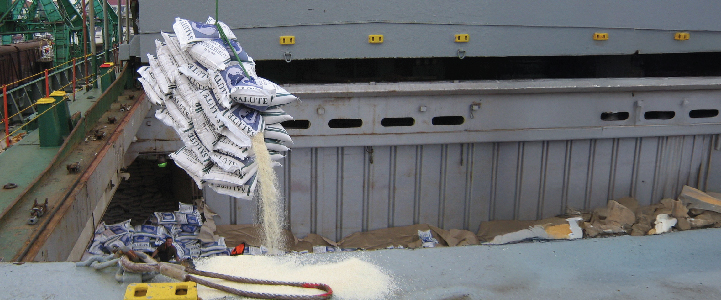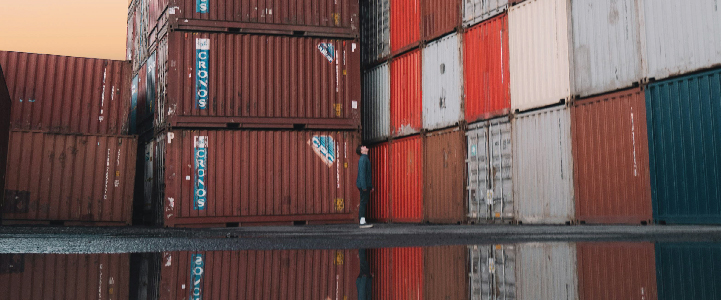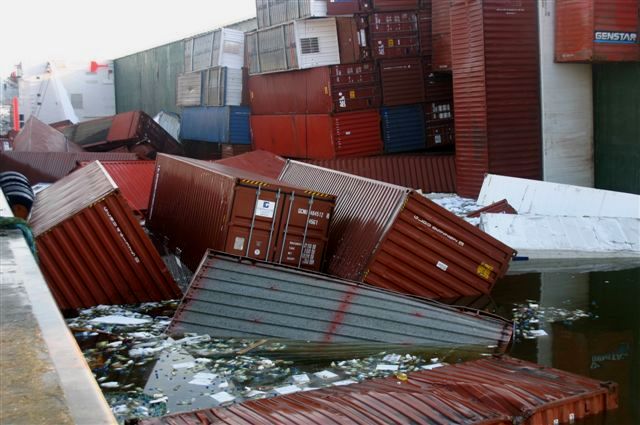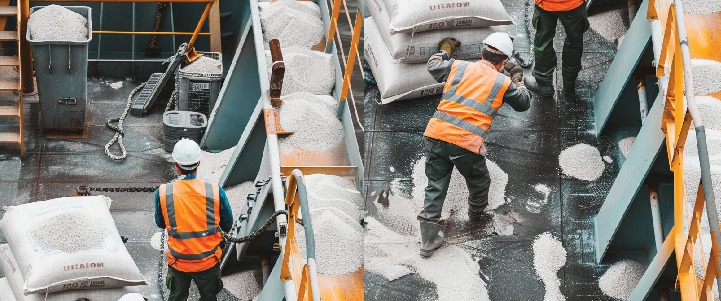Claims recovery involves pursuing compensation from a party responsible for damage or loss of goods (cargo).
Recovery or Subrogation claims have been at the core of our business since 1960.

Claims recovery involves pursuing compensation from a party responsible for damage or loss of goods (cargo).
Recovery or Subrogation claims have been at the core of our business since 1960.

Carriers often resist acknowledging responsibility for cargo loss and damage. To counter this demands legal and technical knowledge, persistence and, at times, assertiveness. Dolphin has the experience, expertise and tenacity to effectively negotiate recoveries against anyone, anywhere around the world, consistently delivering results and maximising returns for our clients.

Claims recoveries are usually undertaken on a no-cure-no-pay (contingency) basis. This means we only charge a fee if we obtain a recovery. Most claims are successfully handled in-house and settled amicably, avoiding the need to employ an expensive law firm. However, where the opposing party is not willing to negotiate, we have a network of specialist lawyers ready to assist.

In many instances, even claims with strong merits are abandoned because cargo owners or insurers are reluctant to engage in costly litigation, fearing the potential for significant legal fees and counter-party cost claims. See our section on Litigation funding which provides a viable solution for claimants dealing with carriers that refuse to settle.